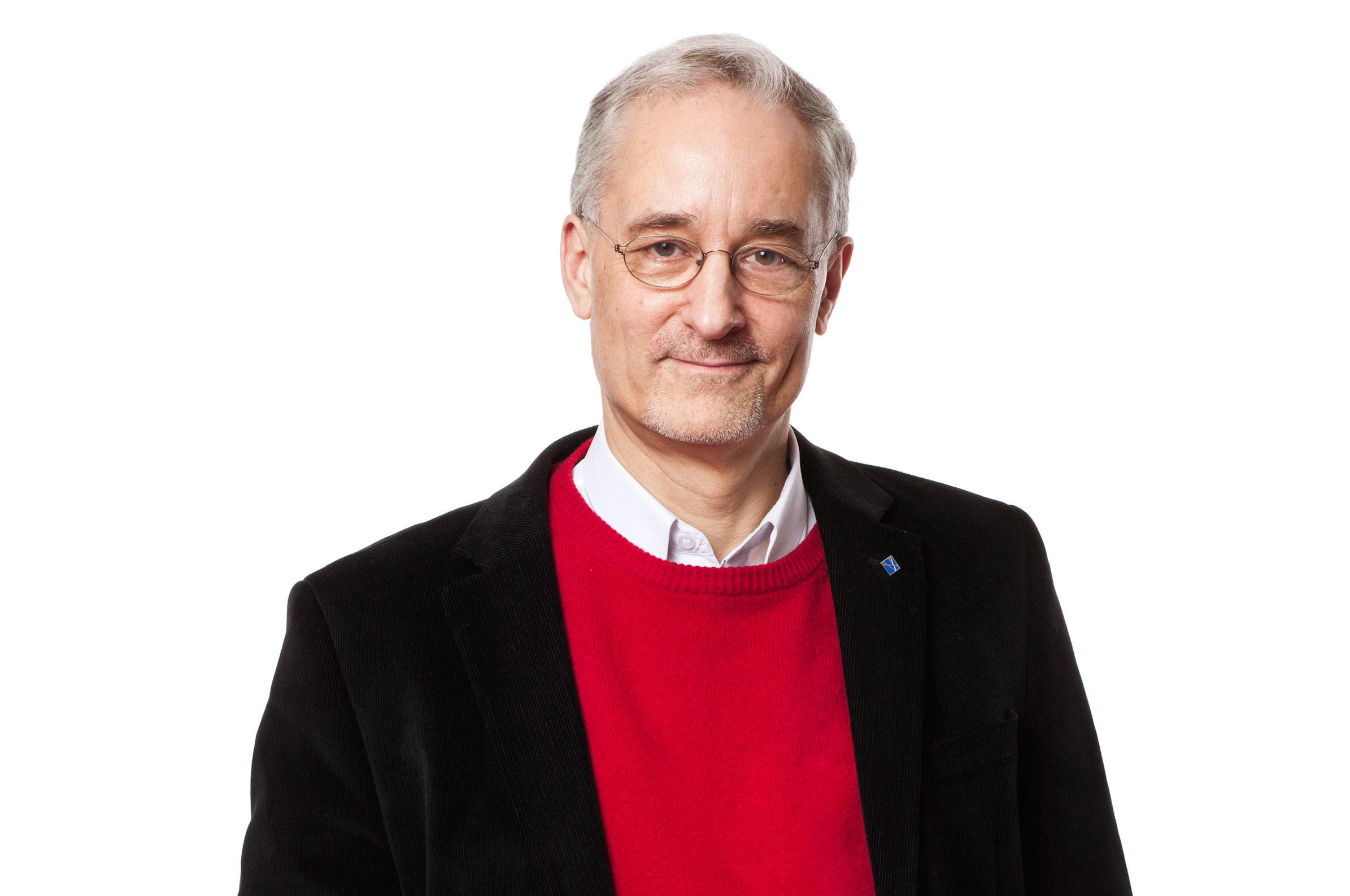People's Meeting on the island of Bornholm and CBS' dialogue with the outside world
 .
.
By Per Holten-Andersen, President, CBS.
"Folkemødet" - the People's Meeting on the island of Bornholm and CBS' dialogue with the outside world
At the end of next week, one of Denmark’s greatest attractions begins, the annual People’s Meeting on the island of Bornholm. In 2011, Bornholm’s county authority introduced the People’s Meeting, which became an instant success with 256 events and 10,000 participants, surpassing the wildest dreams of the meeting’s organisers.
In 2012, there were 748 events on the official programme and over 32,000 participants, while last year the People’s Meeting had 1,324 events and drew over 60,000 participants. More than 500 organisations participated, a record that is expected to be broken in 2014.
Why this success? I believe that in a society increasingly led by technocrats, experts and highly educated politicians, the people need forums that allow them to get more directly involved. There is a need to strengthen dialogue and democracy in a way that it both direct and informal and that allows “ordinary citizens” to get closer to policy makers. The People’s Meeting is a prime example of this type of forum and creates a framework that exposes politicians, social commentators, opinion leaders, the media and researchers firsthand to the thoughts and ideas happening on the ground. They get a better impression of societal trends that affect policy and communication.
But, why should CBS participate – me included – in the People’s Meeting? This year, CBS is strongly represented by 18 researchers and managers participating in 13 different events covering areas such as health economics, public and private partnerships, corporate social responsibility, the challenges of a competitive society, leadership in the future, educational reform, culture and tourism, and growth and welfare. The events comprise a mixture of lectures, panel discussions and workshops. The People’s Meeting provides a fantastic opportunity to convey in a uniquely direct and informal way the views and ideas of universities, including, of course, especially those of CBS, to Denmark’s policy makers in particular. Dialogue is of chief importance at the People’s Meeting, which is why, as a university with close ties to the outside world, it is only natural that CBS would like to participate in the meeting on Bornholm in order to enter into a dialogue about our research and teaching.
The People’s Meeting, however, is only one example of how CBS regularly discusses with the outside world about how it can contribute with relevant research and teaching to solve some of our greatest national and global challenges. I would like to mention a few additional examples below.
As early as 2011, CBS’ strategy involved setting up the Business in Society platforms, where we invite interdisciplinary dialogue and cooperation with companies, politicians, the authorities and external stakeholders in a number of areas that CBS has specialised knowledge and experience in. Sustainable development, strengthening competitiveness, public and private partnerships, innovation, entrepreneurship and shipping are examples of existing platforms where CBS creates new knowledge that helps consolidate Denmark’s leading position in (some of) these areas.
Over the past two years, I have visited the management of most major listed companies in Denmark to obtain, for example, direct feedback on the quality of our graduates and the relevance of our research. Research at CBS contributes to society and after the summer holiday, CBS will publish what is expected to be a highly accessible overview illustrating 13-14 specific examples of research that has “made a difference” for an individual company or industry.
Right now I am similarly engaged in an annual round of visits with the research spokespersons for the various political parties, mainly to disseminate our results in education and research and to receive feedback on the level of satisfaction with our performance.
Finally, CBS regularly hosts professional and political events that highlight our research and provide a forum for discussing these topics with participants and for getting feedback. CBS has recently held a political dialogue meeting on the future of the EU prior to elections for the European Parliament, a seminar on climate challenges in Asia and has hosted the launch of a new national code of research ethics.
These examples reflect how seriously we take the name of our “Business in Society” strategy.
CBS receives external funding, mostly from public sources. As a result, the outside world justifiably has expectations toward us – which is why we would like to show that we can deliver and why we would simultaneously like to hear from the outside world about whether our research and teaching have hit the mark or whether there is a need for improvement. These are also some of the reasons why CBS is participating in the People’s Meeting on Bornholm.
What am I looking forward to? In addition to promoting CBS, talking about all the things we do right, receiving input from near and far, nurturing our collaboration with various stakeholders – including our good friends at the Technical University of Denmark and the University of Copenhagen, and witnessing how our researchers spend time finding inspiration and networking, I will enjoy that we live in a country where it is possible to hold a three-day event where opinions across political parties, organisations and industries are paramount – this represents democracy and transparency at their very best!